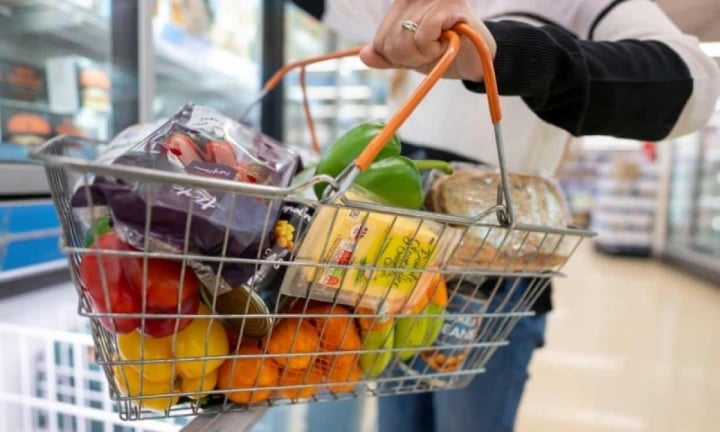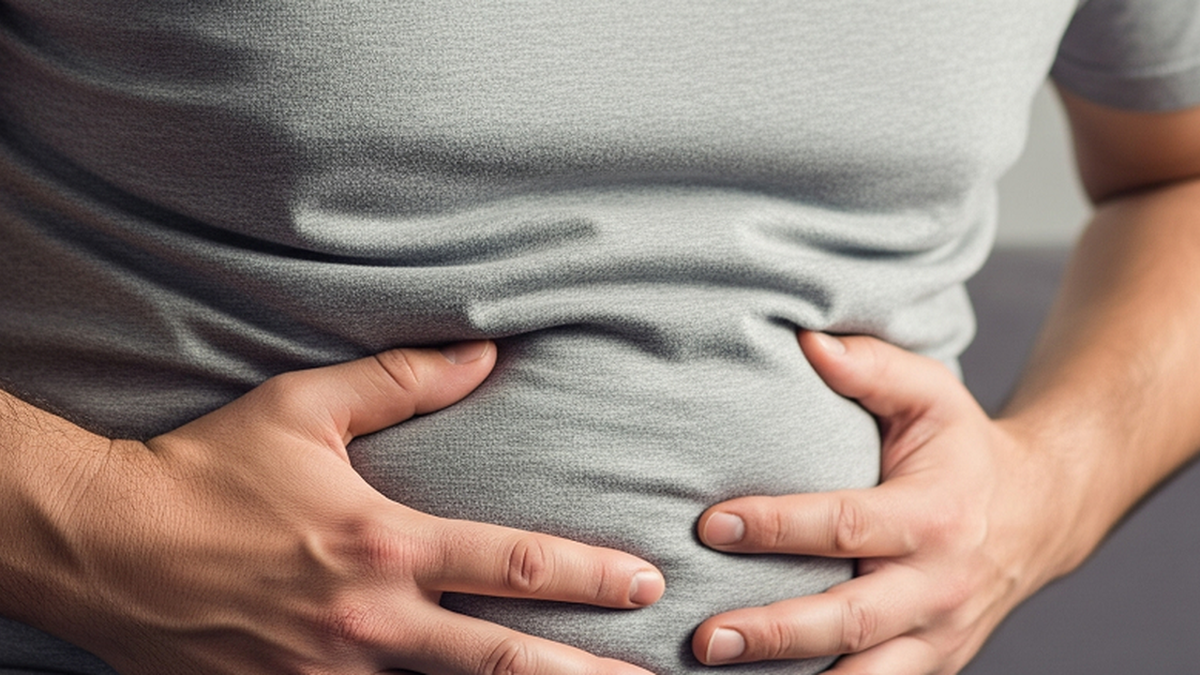According to data from the UK Office for National Statistics, the annual consumer price index in the UK in March 2023 was 10.1%.
Although it decreased by 0.3% compared to February 2023, this figure is still higher than the previous forecast of the British government (9.8%), making the inflation rate in the UK still the highest among Western European countries, ranked above the two countries behind Austria (9.2%) and Italy (8.2%). This is also the 7th consecutive month that the inflation rate in the UK has exceeded 10%.

Food prices in the UK continue to rise. (Photo: The Guardian)
Notably, the inflation rate for food and non-alcoholic drinks in the UK in March 2023 reached 19.1%, the highest in 45 years (since August 1977). This shows that the pressure on British consumers has not been eased, despite the efforts of the government.
Immediately after the new economic data was released, the financial world commented that it was almost certain that the Bank of England would raise interest rates to 4.5% in May 2023 to curb inflation. By the fall of this year, interest rates could even reach 5%.
Food inflation is pushing millions of low-income households into poverty in the UK. Earlier this week, charities across the UK wrote to the government asking it to subsidise the prices of 90 basic food items.
According to Kathy Schmuecker, policy advisor for the Joseph Rowntree Foundation, one of the UK's anti-poverty charities, rising food prices are threatening millions of British people.
“We all know that food is a vital part of life, something that cannot be ignored, and that cutting out would have serious implications for people’s health and wellbeing. So the current inflation rate is terrible news for millions of households and we are pressing across the political spectrum to agree that universal credit will be enough to cover all these essential needs,” said Ms Schmuecker.
Quang Dung (VOV-Paris)
Useful
Emotion
Creative
Unique
Wrath
Source























































![[Maritime News] Container shipping faces overcapacity that will last until 2028](https://vphoto.vietnam.vn/thumb/402x226/vietnam/resource/IMAGE/2025/7/30/6d35cbc6b0f643fd97f8aa2e9bc87aea)













































Comment (0)